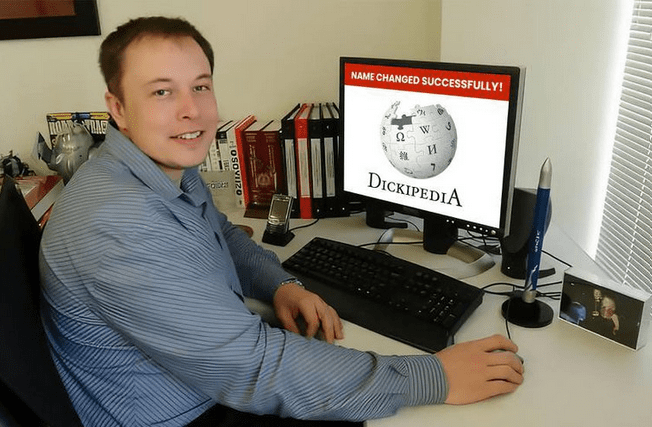Once celebrated as the beacon of free and neutral information, Wikipedia now finds itself embroiled in controversies that question its relevance and credibility in a “post-wokeness” era. With mounting criticism from high-profile figures like Elon Musk and a growing number of conservative voices, the digital encyclopedia’s practices and priorities are under the microscope. Could this be the twilight of Wikipedia as a trusted global resource?
Musk’s Call for a Boycott
On December 24, 2024, Elon Musk, the tech mogul and owner of X (formerly Twitter), sparked a social media storm by urging his followers to “Stop donating to Wokepedia until they restore balance to their editing authority.” This sharp rebuke came in response to Wikipedia’s 2023-2024 annual report, which revealed that nearly 30% of its $177 million budget was allocated to Diversity, Equity, and Inclusion (DEI) initiatives and “safety & inclusion” programs.
Musk’s criticism did not stop at budget allocations. He accused Wikipedia of being controlled by left-leaning activists, prioritizing ideological narratives over factual accuracy, and enforcing biased content moderation policies. For Musk, Wikipedia’s commitment to equity initiatives symbolizes a broader cultural problem—one where institutions abandon neutrality in favor of ideological agendas.
The Billion-Dollar Troll?
The controversy deepened two days later when Musk offered Wikipedia $1 billion if it would change its name to “Dickipedia.” While the comment was widely interpreted as trolling, it highlighted Musk’s disdain for the platform’s perceived ideological slant. Critics argue that this spectacle trivializes Wikipedia’s mission, while supporters see it as a pointed critique of institutional hubris in the “woke” era.
Katherine Maher’s Legacy and “Reverence for Truth”
The controversy surrounding Wikipedia is not new. Former Wikimedia Foundation CEO Katherine Maher’s statement, “Reverence for the truth might have become a bit of a distraction that is preventing us from finding consensus and getting important things done,” has long been a flashpoint for critics. For Maher, truth is sometimes secondary to fostering collaboration and consensus. However, this pragmatic approach has fueled allegations that Wikipedia prioritizes ideological conformity over factual rigor.
Conservatives and libertarians have seized on these controversies, painting Wikipedia as a relic of the “woke” era. They argue that the platform’s editorial practices reflect a systemic bias against viewpoints that challenge progressive narratives.
A Crisis of Credibility
As one of the world’s most visited websites, Wikipedia’s influence on public knowledge is unparalleled. Yet, the criticisms it faces—from allegations of left-wing bias to its allocation of donor funds—pose significant threats to its credibility. Musk’s boycott call has amplified these concerns, raising questions about whether Wikipedia’s governance model and editorial policies can withstand scrutiny in a more ideologically fragmented world.
Defenders of Wikipedia argue that its decentralized, volunteer-driven model is its greatest strength. However, detractors counter that this very model allows organized groups to dominate narratives, shaping content to reflect their ideological perspectives.
The “Post-Wokeness” Reckoning
Musk’s criticisms are part of a broader cultural shift in the “post-wokeness” era. This movement challenges the dominance of progressive ideologies in institutions ranging from media to academia, and now, Wikipedia. For critics like Musk, the platform’s focus on DEI initiatives exemplifies a departure from its foundational mission of neutrality and truth.
But what does the “post-wokeness” era mean for Wikipedia? If the platform continues to prioritize equity and safety initiatives, it risks alienating a growing segment of its user base. Conversely, abandoning these priorities could lead to internal conflict and reputational damage.
The Future of Wikipedia
The question remains: Is Wikipedia’s time up? Or can it adapt to meet the demands of an increasingly polarized audience? The platform’s ability to address criticisms—both valid and exaggerated—will determine its relevance in the years to come.
As Elon Musk and other high-profile figures continue to challenge Wikipedia’s practices, the platform stands at a crossroads. Its choices will shape not only its own future but also the broader landscape of digital knowledge in the 21st century.





